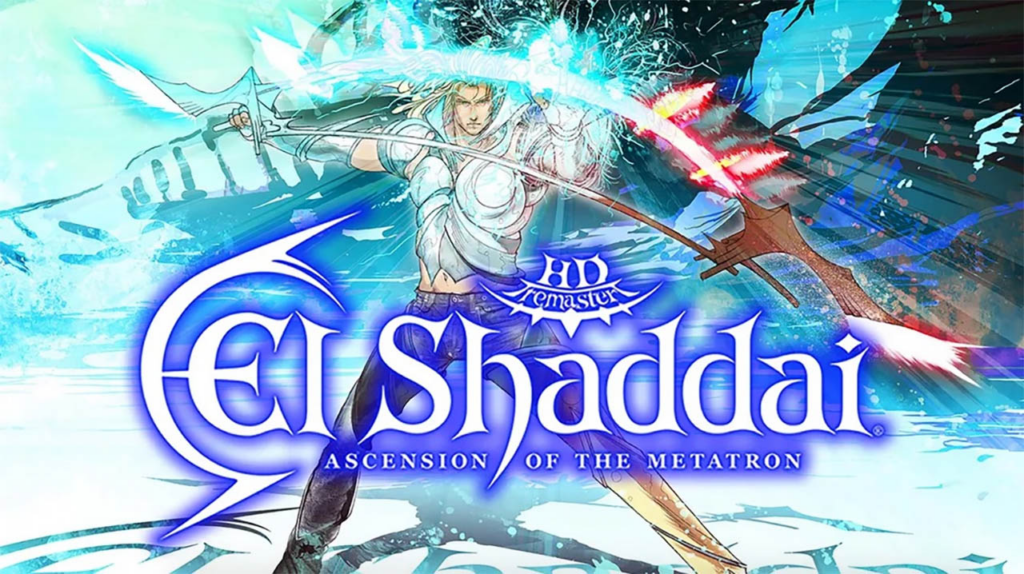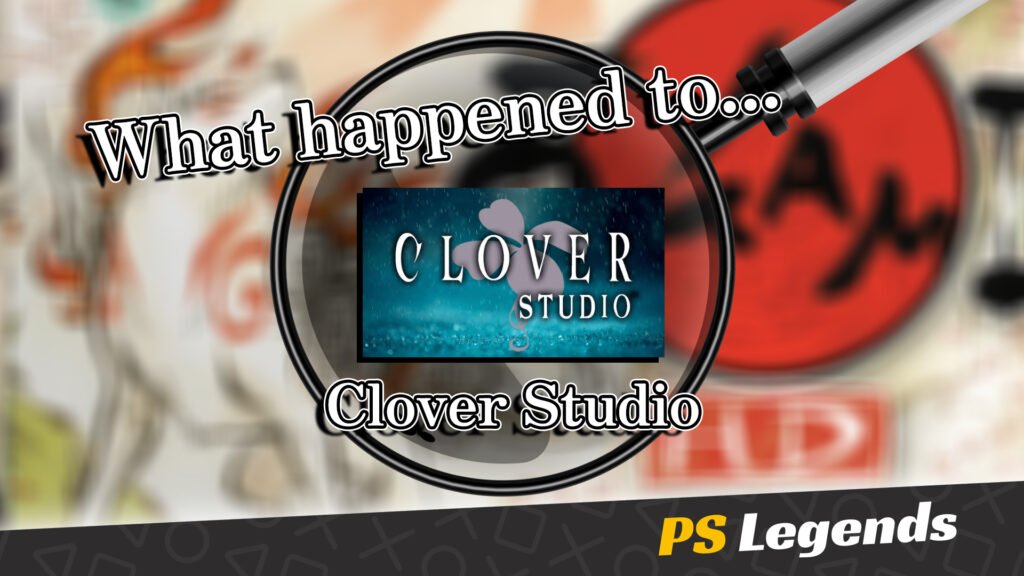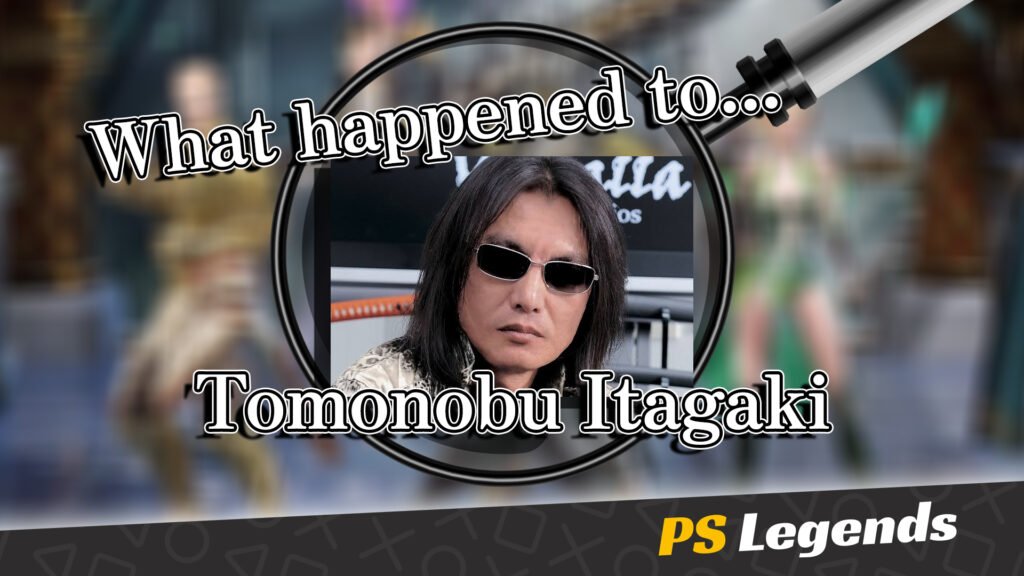Control and Freedom
Clover Studio Co., Ltd. was a Japanese video game development studio founded by Capcom. The name ‘Clover’ has a double meaning, being an abbreviation of “creativity lover” as well as the Japanese syllables mi (three) and ba (leaf) coming from the names of Shinji Mikami and Clover’s Atsushi Inaba. The studio consisted largely of existing Capcom R&D talent, who had formed the company (then called Studio 9) to give themselves greater creative control and freedom.

To facilitate Viewtiful Joe 2’s development, Capcom turned “Team Viewtiful” into Clover Studio, a semi-autonomous production company with a focus on developing new intellectual properties (IPs). The separation was also in part due to Resident Evil 4‘s PlayStation 2 release, which caused significant tensions between Capcom and Mikami, with the two parties having differing opinions regarding console exclusivity. Clover Studio was able to produce two more games in the Viewtiful Joe series, which serve as side-stories, and commissioned an anime adaptation which was handled by Group TAC.
Clover’s next big project was Ōkami, a “brand-focused project” fitting with Capcom’s goal for Clover to develop new IPs. Although it was a critical success, it failed to live up to Capcom’s sales expectations. Regrettably, the sales of Clover’s next project, God Hand, fared even worse. Compounding this problem, Clover’s developers still felt stifled under the weight of Capcom’s corporate management, who were reluctant or actively opposed to risky new ideas.

Escaping the Iron Grip
When these new IPs failed to perform on par with Capcom’s more popular series, Capcom attempted to merge the studio back into their internal R&D. Those at the studio chose instead to leave the company, and Clover was dissolved. Capcom shut down Clover Studio in late 2006, after Atsushi Inaba, Hideki Kamiya and Shinji Mikami left the company.
In 2009, Capcom producer and Senior Corporate Officer of R&D, Keiji Inafune, told 1UP.com that the company had no interest at the time to produce sequels to Clover titles. The resignations were part of a series of high-profile departures from Capcom, including Yoshiki Okamoto in 2003 and Inafune himself in 2010.
Inafune complained of similar problems to those referenced by Inaba, Kamiya and Mikami, namely that Capcom management had a rule dictating that at least 70-80 percent of all new projects must be sequels of existing properties, with the actual number very close to 100 percent at any time. This allowed for very little creative freedom.
New Beginnings
Some of the key members of Clover founded Seeds Inc., a new development group that merged with ODD Incorporated in October 2007 to form PlatinumGames, which has since built up a staff composed of former Clover staff. On 28th October 2010, one of the most prominent members of Clover Studio and then PlatinumGames, Shinji Mikami, joined ZeniMax Media in a deal where ZeniMax acquired his new development studio, Tango Gameworks.

A high-definition port of Ōkami, remastered by Capcom and HexaDrive, was released on the PlayStation 3 via the PlayStation Network in October 2012 and for retail in Japan in November 2012. The high-definition port was also released for PlayStation 4 in December 2017 worldwide.
Other former members of Clover, including the art director of Ōkami, Sawaki Takeyasu, went to join UTV Ignition Games at their Tokyo development studio, which developed the game El Shaddai: Ascension of the Metatron. UTV Ignition was bought and liquidated by Disney in 2012. In May 2013, it was announced that Takeyasu had purchased the rights to the El Shaddai IP from UTV Ignition Games with the intention of expanding it under his newly-formed development studio, Crim. A follow-up game in the El Shaddai universe, The Lost Child, was released in 2018.


